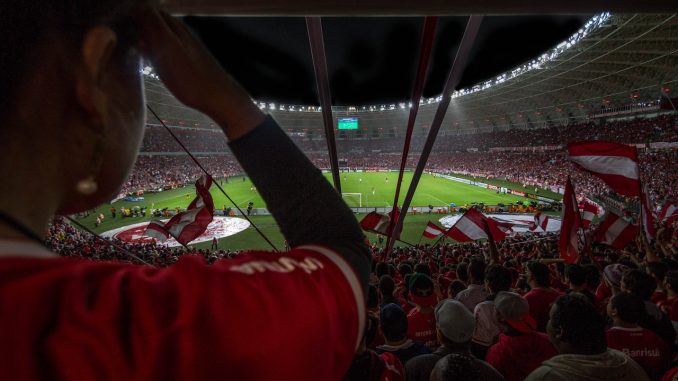
The absence of the Amazigh language on the day of the reception of the national team arrived in Morocco on December 21 does not go unnoticed by the actors of civil society. Moreover, 24 civil society organizations have sent a letter to the Royal Moroccan Football Federation to highlight what they call the “exclusion” of the Amazigh language and to demand a better implementation of its official character in the activities of the body.
In this letter addressed to the president of the federation, Faouzi Lekjaa, the authors were first to congratulate the body for the presentations of the Atlas Lions at the World Cup 2022. “The extraordinary results achieved by our national team at the World Cup in Qatar and its major achievement as the first African country to reach the Golden Four during the competitions,” they say.
The signatories of the said letter said they wanted to highlight “the shortcomings noted during the soccer matches but also during the reception that was reserved for the national team on its return to the country, relating to the exclusion of the official language Amazigh”, recalling, to this effect, its official character which is able to be implemented under the organic law No. 26.16 promulgated in September 2019 and published in the Official Gazette in October the same year.
The signatory organizations also recalled Article 3 of this Law which states that “the State works, with all available means, to strengthen communication in the Amazigh language, its development and its use in the various priority sectors of public life,” as well as Article 27 of the same law which states that “Amazigh is the official language of the State and common heritage of all Moroccans.”
In addition, they claimed “the use of the Amazigh language, alongside the Arabic language in the signage, institutions and public buildings, constitutional bodies and elected councils and organizations, among others. And this as stipulated by the law in force which provides that the Amazigh language must be written “alongside Arabic on vehicles of public transport or belonging to public services, especially the fleet of public services, aircraft, ships registered in Morocco and trains.
The ultimate purpose of this letter, the 24 organizations drew attention to the importance of applying the official character of Amazigh in various aspects of soccer, including the outfits of players of the national team whether men or women, the transport buses of players as well as the media of the FRMF, stressing that these elements are symbols of the Moroccan state and its institutions.
The authors of the said letter have, finally, recommended to use Amazigh-speaking journalists in the different information channels and in the national radio and television programs.
Moreover, several civil society activists have shared images of the heroic reception that was reserved for the national team back to the motherland, pointing to the absence of the Amazigh language in its various aspects including on the open-top bus. This is the case for the Amazigh activist, Ahmed Assid who stressed, in a Facebook post, what he called “the exclusion” of the Amazigh language from this great event. The activist has also accompanied his post with a photo of the so-called bus of the national team with the words “Morocco” and another to which was added “Morocco” in Tifinagh letters.

Be the first to comment